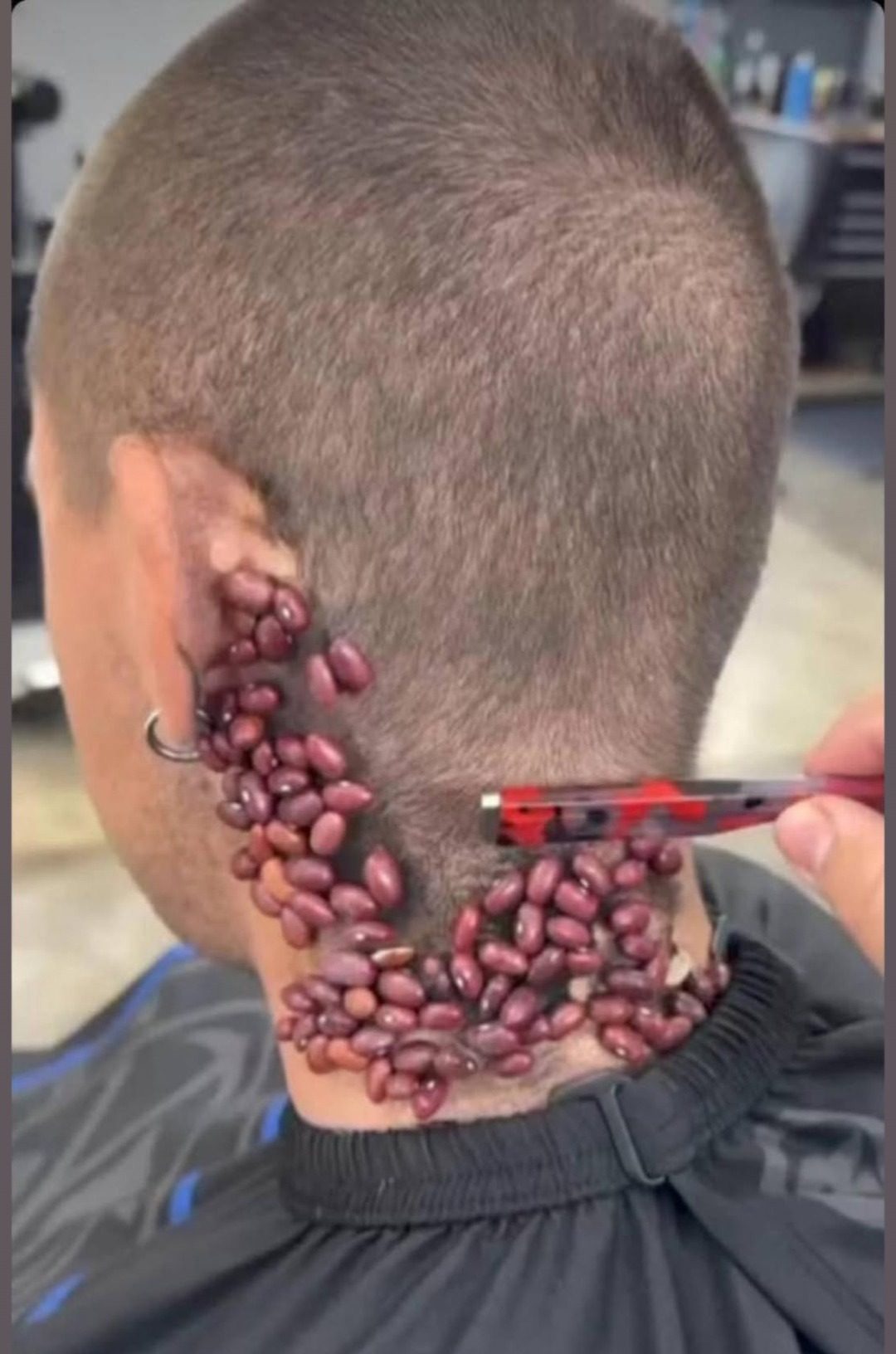Pimple on face

Dear reader, the video is a little lower. Acne also known as acne vulgaris, is a long-term skin condition that occurs when dead skin cells and oil from the skin clog hair follicles.Typical features of the condition include blackheads or whiteheads, pimples, oily skin, and possible scarring. It primarily affects skin with a relatively high number of oil glands, including the face, upper part of the chest, and back. The resulting appearance can lead to lack of confidence, anxiety, reduced self-esteem, and, in extreme cases, depression
Susceptibility to acne is primarily genetic in 80% of cases. The roles of diet and cigarette smoking in the condition are unclear, and neither cleanliness nor exposure to sunlight are associated with acne. In both sexes, hormones called androgens appear to be part of the underlying mechanism, by causing increased production of sebum. Another common factor is the excessive growth of the bacterium Cutibacterium acnes, which is present on the skin.
Understanding these triggers is essential for effectively managing acne and maintaining clear, healthy skin.
Makeup Residue:
Makeup products, especially those containing heavy oils and comedogenic ingredients, can clog pores and lead to acne breakouts.
It’s crucial to remove makeup thoroughly before bedtime to prevent pore congestion and allow the skin to breathe overnight.
Excessive Sebum Production:

Overactive sebaceous glands produce excess oil, which can accumulate in the pores and mix with dead skin cells, dirt, and bacteria, resulting in clogged pores and acne.
Managing sebum production through proper skincare and lifestyle habits is key to preventing breakouts.
Poor Cleansing Habits:
Inadequate cleansing can leave behind dirt, sweat, and environmental pollutants on the skin’s surface, contributing to pore congestion and acne development.
Using a gentle cleanser twice daily helps remove impurities and prevent pore blockages.
High Humidity and Sweat:
Humid environments and excessive sweating can increase oil production and trap impurities in the pores, leading to acne flare-ups.
Regularly washing the face and using non-comedogenic skincare products can help combat the effects of humidity and sweat on the skin.
Unhygienic Phone and Pillowcase:
Bacteria and dirt from unwashed hands, phones, and pillowcases can transfer onto the skin, causing pore blockages and acne.
Keeping these items clean and practicing good hygiene habits can minimize bacterial contamination and reduce the risk of breakouts.